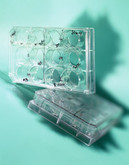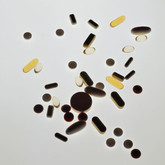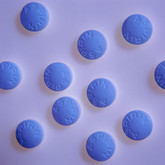Generics/News
|
Posted 02/04/2010
The European Medicines Agency (EMA)’s Committee for Medicinal Products for Human Use (CHMP) recommended the recall of all batches of eight centrally-authorised generic clopidogrel-containing medicines, for which the active substance was manufactured by Glochem Industries Ltd in its factory in Visakhapatnam, India. The medicines concerned are Clopidogrel A1 Pharma, Clopidogrel Acino, Clopidogrel Acino Pharma, Clopidogrel Acino Pharma GmbH, Clopidogrel Hexal, Clopidogrel Ratiopharm, Clopidogrel Ratiopharm GmbH and Clopidogrel Sandoz. The Marketing Authorisation Holder of all these medicines is Acino Pharma GmbH.




























